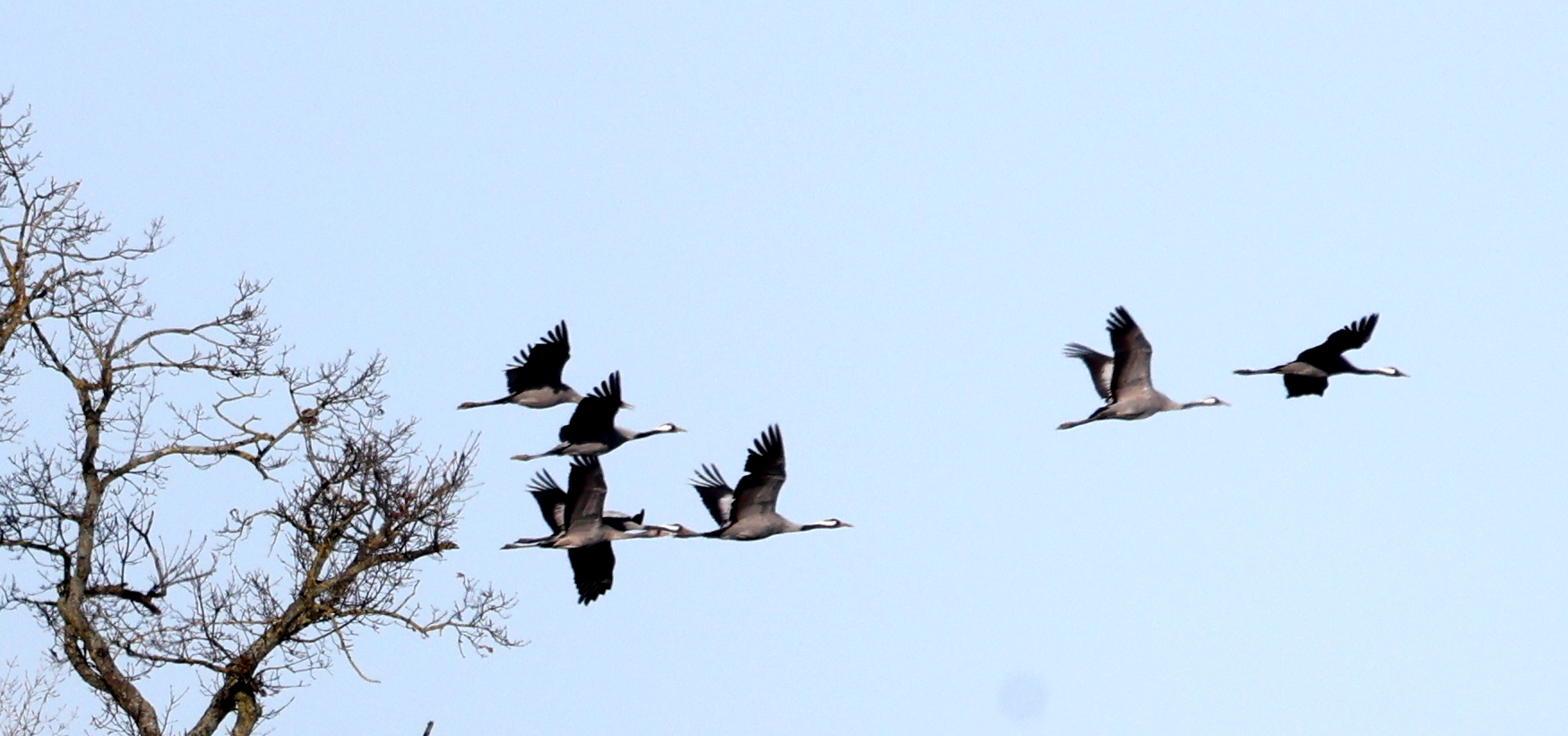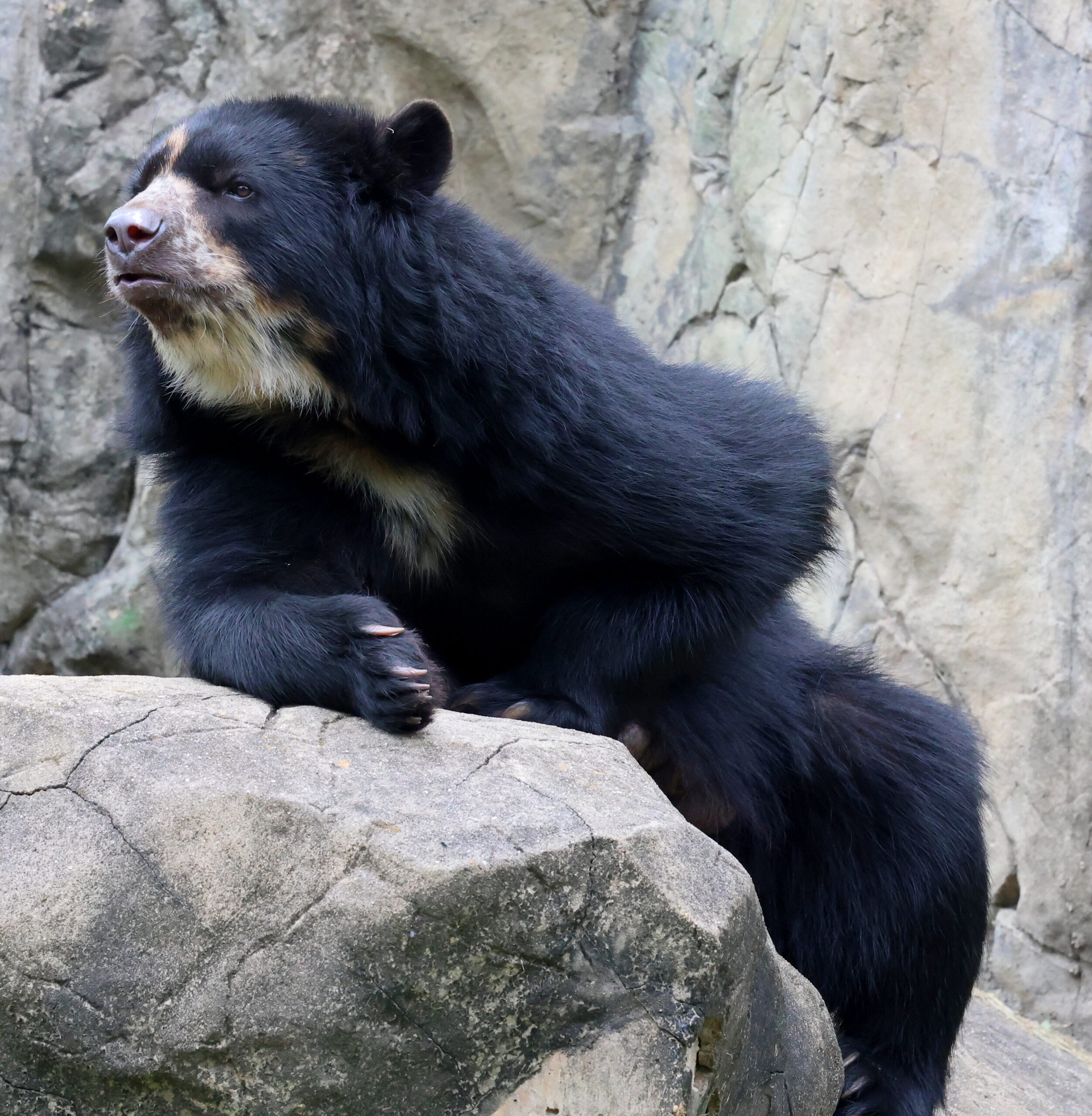The Triglav Circle seeks to enrich the public discourse on global problems with moral and spiritual perspectives drawn from universal values. We bring attention to the urgency of considering the non-material as well as material dimensions of life and society. Assuming a continuum between the spiritual and the material realms, we believe forms of dualism including the separation of man from nature mutilate reality.
Gatherings of the Circle provide opportunities to exchange ideas from which participants draw inspiration and intellectual support. Discussions are summarized in reports and notes. Research and papers contributing to the wealth of knowledge and wisdom gathered by the Circle are circulated on this website.
As a non-governmental organization having consultative status with the Economic and Social Council, we participate in various activities of the United Nations.
OUR MISSION
Poverty and Social Justice
Culture
Harmony with Nature
Development and Social Progress
Spirituality and Public Life
Law and Governance
IN MEMORIAM
Charles Edgar Courtney, Jr., died on March 19, 2025. He was 89. A long-time member [1997-2025] and contributor of the Triglav Circle, Charles served on our Board of Directors and also regularly represented the Circle in the annual Harmony with Nature dialogues sessions on each Earth Day at the United Nations in New York.
Events

The humanities and the Sciences : Alternative and Mutually Supporting Sources of Knowledge
Zoom meeting : 18 January 2025
The Triglav Circle met via Zoom on the 18th of January. The subjects discussed were wide ranging but the main focus was “The Humanities and the Sciences: Alternative and Mutually Supporting Sources of Knowledge.”
This a timely topic as many universities are significantly cutting humanities courses from their curriculums and reducing budgets for them. It also appears that attendance at classical cultural events in some major cities are in decline.
“The world needs thinkers as well as practioners.” And, in most circumstances the world needs them to enrich each other’s research about the possible substance that should advance thinking about the relationship between the sciences and humanities. Also it is necessary to consider how they may be addressed as mutually reinforcing disciplines of knowledge and how they are each particularly shaped to respond to relevant questions concerning humanity.
You will find in the website below under the concern: culture, art and education, a background paper covering different approaches to the topic. They include:
- Introduction of the two disciplines, brief comments on their historic origins and the present situation
- Ways to blend philosophic and poetic thinking and scientific facts in respect to understanding and protecting nature
- The fundamental role of the humanities in the establishing ethics and determining values
- Appreciation of truths offered in poetry and thoughts of philosophers in the sciences when language is restricted to observable phenomena
- The entanglement of the humanities and sciences in searching for reality in the space where materiality breaks down into waves and particles of energy leaving only thinking to interpret what is happening above and beyond the geosphere [biosphere, noosphere, and artificial intelligence {AI}].
News and Ideas
Poverty and Social Justice
[Moral Poverty] Fact v. Fiction – Fake News guide by Walden University Library.
[Attacks against land and environmental defenders] Defending Tomorrow (full report available for download in article) by Benjamin Wachenje, Global Witness, 29 July 2020.

Culture Art and Education
[Peace education] Decolonising peace journalism – and putting it to work in East Africa, by Julie Masiga. The Conversation, 8 June 2020.

Harmony with Nature
Écologie profonde
Par Philippe Roch, écrivain, ancien directeur de l'Office Fédéral de l'Environnement, ancien secrétaire d'Etat.
Immersion à Tvergastein
Je me sens proche de l’écologie profonde d’Arne Naess (1912 – 2009) dans sa recherche d’harmonie et d’équilibre écologique et sa proximité avec la Nature.

UN report: Climate change a worsening threat to human wellbeing and health of the planet
Human-induced climate change is causing dangerous and widespread disruption in nature and is affecting the lives of billions of people around the world, said scientists in the latest Intergovernmental Panel on Climate Change (IPCC) report, released on 28 February. People and ecosystems least able to cope are being hardest hit. To avoid mounting loss of life, biodiversity and infrastructure, urgent, ambitious and accelerated action is required to adapt to climate change, at the same time as making rapid, deep cuts in greenhouse gas emissions.
Read more ...
WWF Powering Nature : Creating the conditions to enable Nature-Based-Solutions - September 2021
[Human Relationship to Nature] This is my message to the western world – your civilisation is killing life on Earth by Nemonte Nenquimo, The Guardian, 12 October 2020.
Harmony with Nature, Report of the Secretary-General, United Nations, 28 July 2020.
[Nature and the Coronavirus] The Viral Universe – Viruses have big impacts on ecology and evolution as well as human health, The Economist, 20 August 2020.
[Human Relationship to Nature] State of the World’s Birds, BirdLife International, 16 November 2018.
[Human Relationship to Nature] 2020 A New Deal for Nature and People, Brochure and Video, WWF.
[Human Relationship to Nature] Robert Hainard, Ecopsychologie staff.

Development and Social Progress
World Bank PUBLICATION JUNE 30, 2021
The Economic Case for Nature
- This publication was prepared by the Environment, Natural Resources and Blue Economy Global Practice of the World Bank by a team led by Giovanni Ruta.
Nature is under unprecedented threat:
The Economic Case for Nature, uses innovative economic modelling techniques to estimate how changes in select ecosystem services impact the economy, helping decision-makers understand the cost of inaction.
The report also lays out options for nature-smart policies that reduce the risk of ecosystem collapse and are “win-win” in terms of biodiversity and economic outcomes.
***********************************************
[Health and the Economy] “Mass Consumption Is What Ails Us: To Avoid Pandemics, Our Whole Economy Needs to Change,” by Sonia Shah, Foreign Affairs, April 17, 2020.

Spirituality and Public Life
[Climate change policy and Spirituality] Faith, Morality and the Environment: Portraits of Global Warming’s Six Americas by Connie Roser-Renouf, Edward Maibach, Anthony Leiserowitz, Geoff Feinberg and Seth Rosenthal, Yale Program on Climate Change Communication, 19 January 2016.

Law and Governance
[Democracy during a Health Crisis] “Listening as governance” by Amartya Sen, Sixteen – Peace, Justice and Strong Institutions, 10 April 2020.
A requiem for multilateralim in an era of increasing interdependence
In the halcyon days of multilateralism during the 1990s, the prospects for strengthening global cooperation looked very promising due to the political changes in Russia and the Eastern bloc states and the liberalism in Western countries.
All that has changed. We are back to an assertive Russia, and now also a powerful China, and witnessing the death of liberalism in the US and its attenuation in many European countries.
As someone who worked in the UN during that optimistic period, I present to you a requiem for multilateralism—launched about 80 years ago and now, sadly, in a state of decline.





